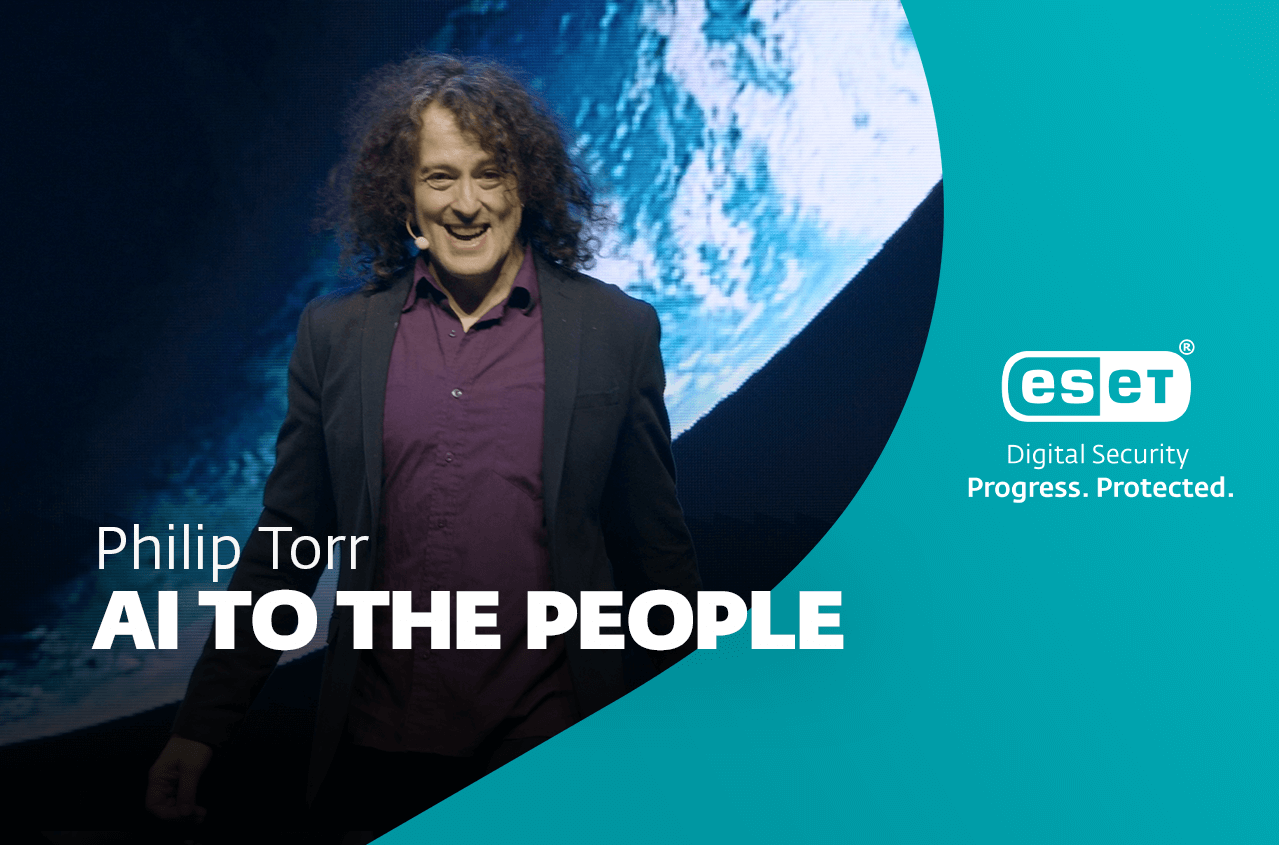As we stand on the brink of a technological revolution, it is becoming increasingly clear that our lives are about to change in ways we never thought possible. The power to shape the impact of this revolution lies in our hands, and it is up to us to determine how we want to move forward.
One of the key aspects of this technological revolution is the rapid advancement of artificial intelligence (AI). AI has already begun to permeate every aspect of our lives, from the way we communicate to the way we do business. The potential for AI to revolutionize industries such as healthcare, finance, and transportation is immense, and the possibilities are endless.
However, with this potential comes a great deal of responsibility. It is up to us to ensure that AI is used ethically and responsibly, and that it does not perpetuate biases or harm individuals. The development of AI must be guided by principles of fairness, transparency, and accountability, in order to ensure that it benefits society as a whole.
Another important aspect of the technological revolution is the rise of data and analytics. With the proliferation of data in today’s digital world, companies and governments have access to more information than ever before. This data can be used to drive innovation, improve efficiency, and enhance decision-making processes.
However, the collection and use of data also raise important questions about privacy and security. It is crucial that we establish robust regulations and safeguards to protect individuals’ data and ensure that it is used in a responsible manner. Without these protections, the potential for misuse and abuse of data is significant, and could have serious consequences for society.
In addition to AI and data, the rise of automation and robotics is also set to transform our lives in profound ways. Automation has the potential to revolutionize industries such as manufacturing, transportation, and agriculture, increasing efficiency and reducing costs. However, the widespread adoption of automation also raises concerns about job displacement and income inequality.
As we navigate these changes, it is crucial that we prioritize inclusivity and equity. We must ensure that the benefits of technological advancements are distributed equitably, and that no one is left behind in the pursuit of progress. This means investing in education and training programs to help workers transition to new industries, and implementing policies that protect workers’ rights and ensure fair wages.
Ultimately, the technological revolution that we are on the cusp of has the potential to bring about incredible advancements and improvements in our lives. However, it is up to us to shape its impact in a way that benefits everyone. By prioritizing ethics, responsibility, and inclusivity, we can ensure that the benefits of technology are distributed equitably and that no one is left behind. The power is in our hands – let’s use it wisely.


